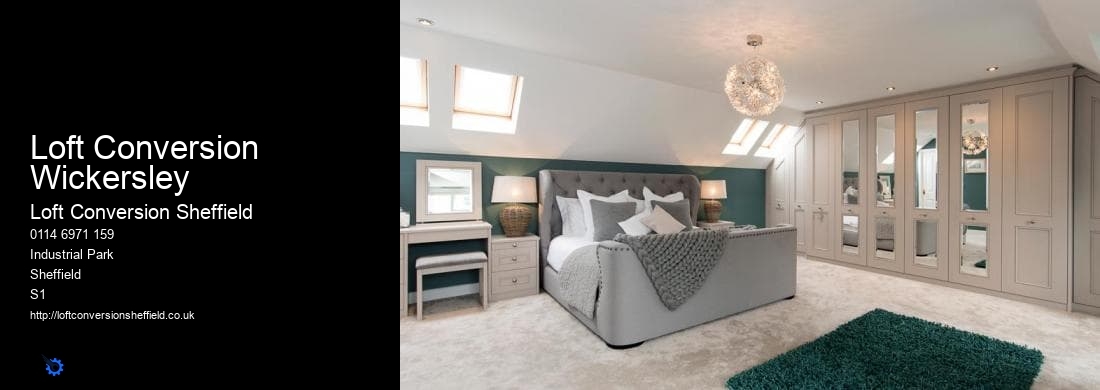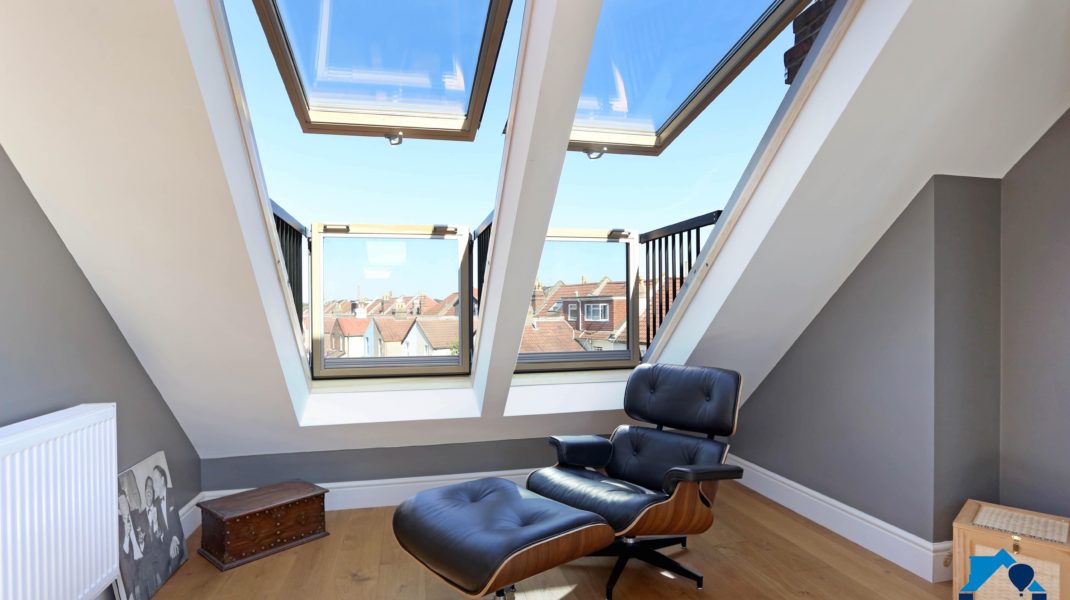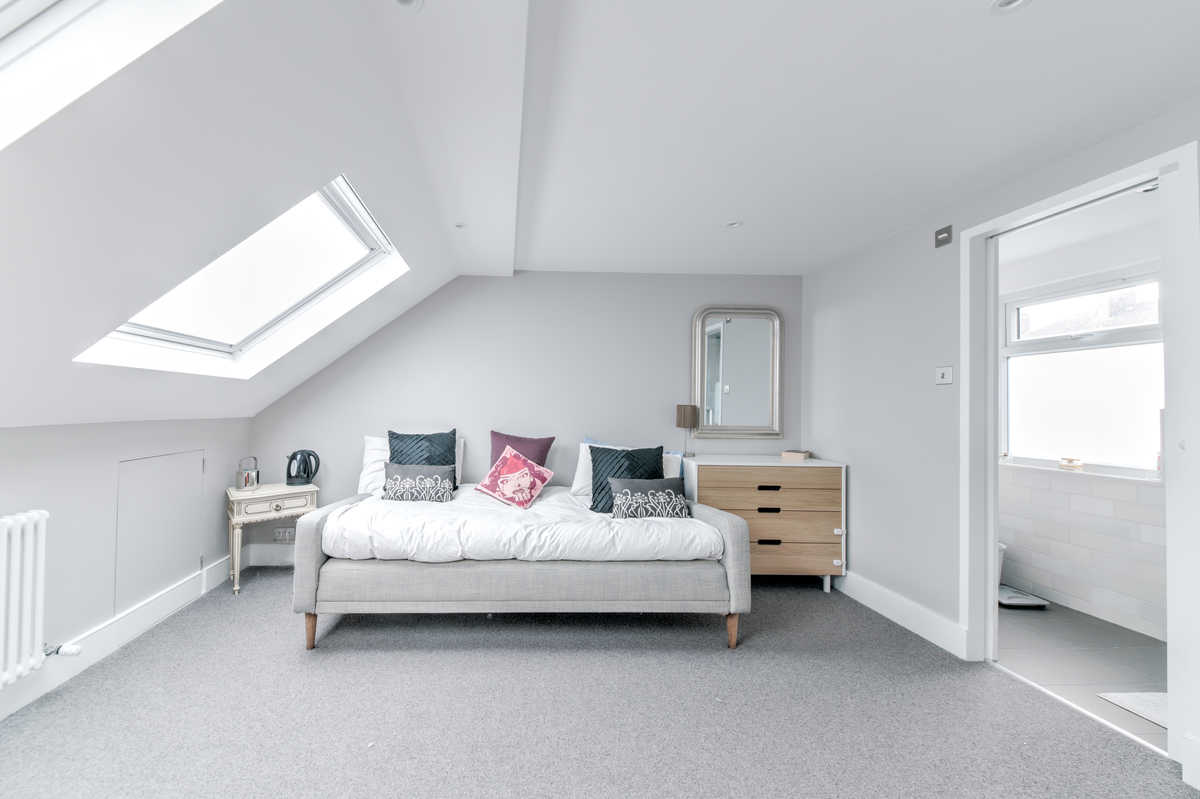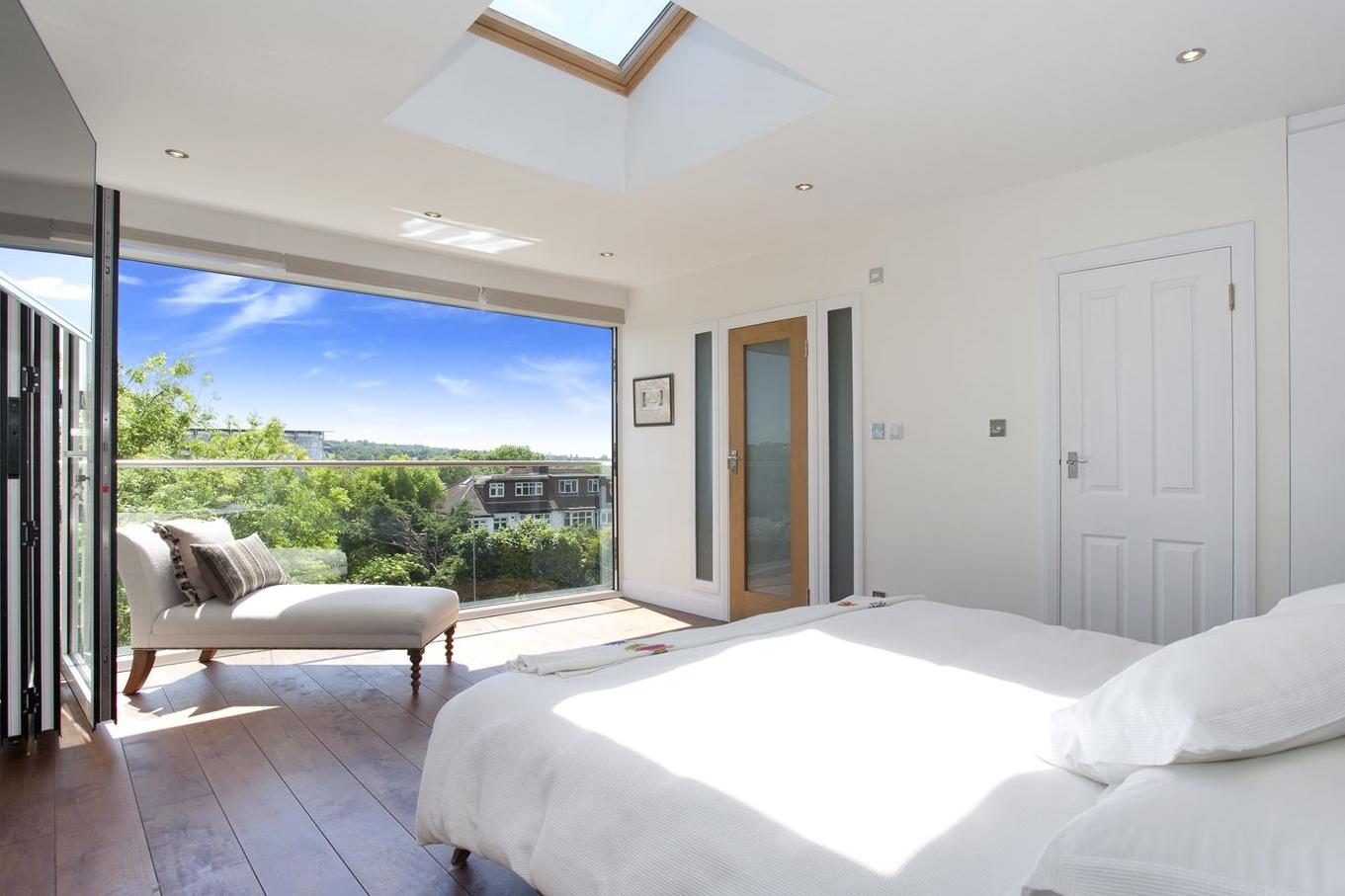The next step is the construction work, which usually takes around 4 to 6 weeks to complete. During this stage, workers will install partitions, ceilings, stairs, and other elements to create the extra living space. This process also involves wiring, plumbing, and installing insulation.
When it comes to deciding between a loft conversion or an extension, the answer largely depends on your individual needs and budget. Generally, loft conversions tend to be cheaper than an extension, but there are certain factors to consider when making your decision.
For example, if your property is an apartment or a flat, you will need to obtain permission from the building’s freeholder. If the loft conversion will affect the outside of the building, then you may need to apply for planning permission.
Are you looking to add extra living space to your Sheffield home? Loft conversions are an increasingly popular way to do just that. But deciding which type of loft conversion is best for you can be a challenge. In this article, we’ll take a look at the different types of loft conversions available in Sheffield, their benefits, and which might be best for you.
The size of the loft is an important factor when it comes to assessing its conversion potential. In order to be suitable for conversion, the loft space must be large enough to fit a bedroom, bathroom, storage area, and other necessary features. If the space is too small, then it’s likely not suitable for conversion.
However, when deciding between a loft conversion or an extension, there are other factors to consider beyond cost. For example, you should consider the amount of space you need and the type of conversion or extension that best suits your requirements. If you need additional living space, an extension can provide you with more rooms, while a loft conversion can provide you with additional bedrooms.
When comparing quotes, it’s important to consider the quality of the materials and the experience of the builders. Cheaper quotes may mean lower-quality materials and inexperienced builders, so make sure to ask for references and look for reviews online.
In addition to planning permission, you may also be required to obtain a building regulation approval. This is essentially a set of standards that the structure must meet in order to be deemed safe and secure. The building regulation approval is typically issued by an independent expert, such as an architect or surveyor, who will inspect the work to ensure that it meets the necessary standards. The cost of obtaining a building regulation approval will depend on the size and scope of the project, so it is important to factor this into your budget.
Overall, the cost of converting a loft to a dormer in Sheffield will depend on the size of the loft, the type of conversion you choose, and the materials used. But with careful planning and budgeting, it is possible to convert your loft into a comfortable and stylish living space without breaking the bank.
In conclusion, if you are considering converting your loft in Sheffield, it is important to first find out if you need permission. You may need to apply for planning permission or obtain permission from the building’s freeholder. The cost of the conversion will depend on the size and scope of the work required.



